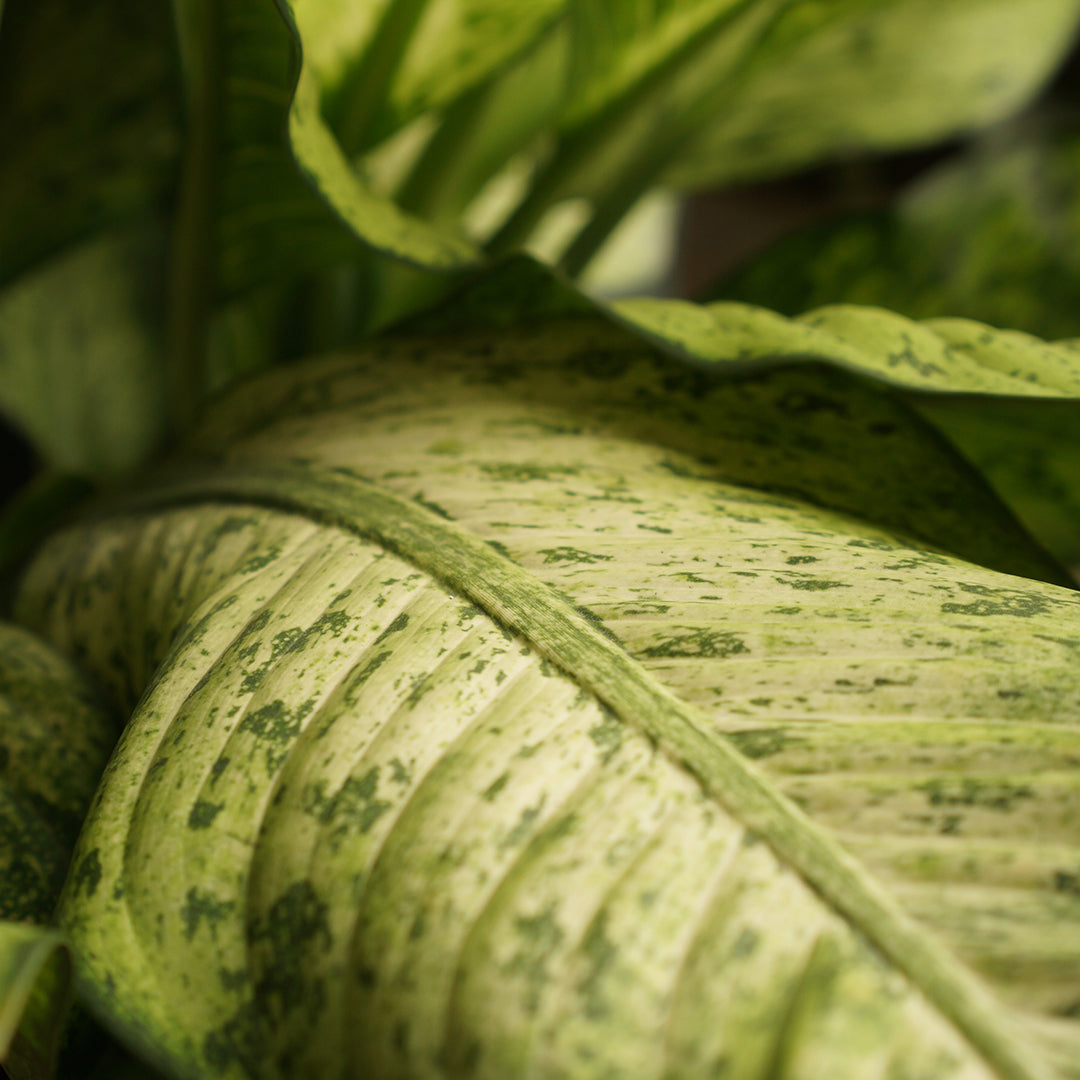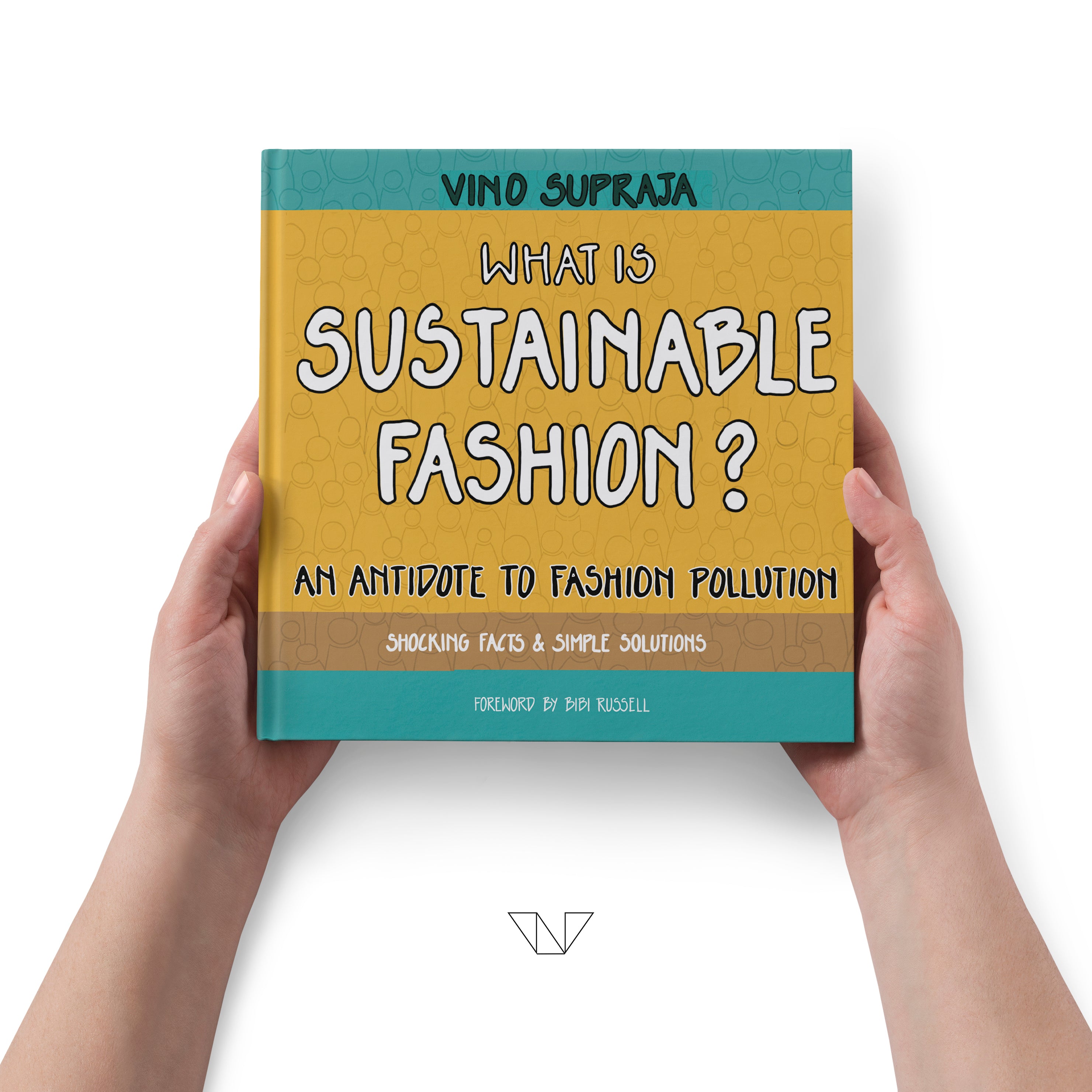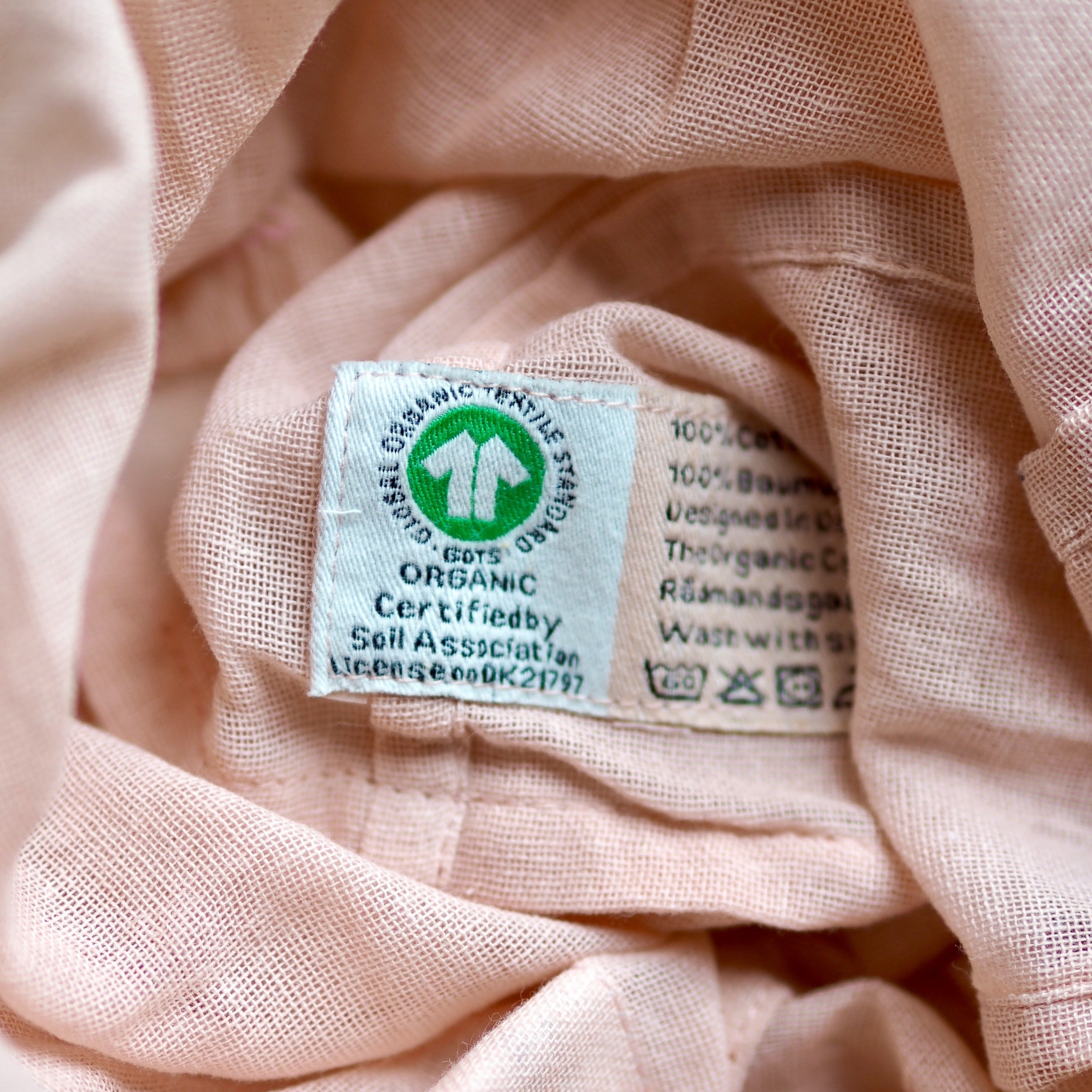Gardening and Growing Through Climate Change

Many of us enjoy gardening in some form, whether it’s planting a beautiful flower garden, growing our own fruit and veg, or adorning our homes with indoor plants.
Whether you’re green-fingered or not, all of us depend on plants for our very existence. Plant life on our planet ensures that we can eat, breathe and survive.
However, climate change is affecting temperatures and precipitation patterns across the globe and this is having a big impact on the behaviour of plants all over our planet.

How is climate change disrupting plant growth?
Due to hotter summers, colder winters, the effects of droughts and flooding, plants are both adapting and struggling in new conditions. This can have a concerning domino effect on our eco-systems:
- When ground and air temperatures are higher than average for a sustained period, this can cause plants to bloom earlier.
- Early flowering has the potential to cause what is known as a, ‘temporal mismatch’ where pollinators (insects) become out of sync with plants. This can cause a reduction in pollination because pollinators arrive too late to play their part.
- Where there is reduced pollination, there is reduced reproduction of plants. This in turn reduces crop yields.
- Crops that have grown early due to a mild winter may be at higher risk of being killed by a late frost, further reducing crop yields.
- Crops that do survive frosts are also facing hotter summer seasons and the effects of drought.
- A rise in temperatures is also making typically colder regions more hospitable to non-native plants. The invasion of non-native plant species can be a threat to the survival of native species. A loss of native plants is disruptive to the delicate eco-systems which rely on their presence.

Ten tips for home gardeners
We are already seeing the effects of climate change on plant growth. But, all is not lost. We can all play a part to help improve the situation and lessen the impacts. Here are some steps you can take in your own home and garden:
- If you don’t have time for gardening but have some outside space, why not embrace a wild look? Avoid laying down fake grass. You can keep your garden low maintenance and natural at the same time – weeds and native species are highly beneficial for the environment.
- Alternatively, if you are an avid gardener, be mindful of how you care for your garden and what you choose to plant. Select a diverse array of native plants that appeal and support pollinators in your area.
- Improve your energy efficiency. Opt for solar powered lights outdoors. Tend to your garden with the use of hand-tools instead of gas or electric powered tools.
- Avoid using pesticides and chemical fertilisers.
- Compost your food waste and garden waste. It can be used as a natural fertiliser to help your plants flourish, and the process of composting can also help to reduce greenhouse gasses.
- Save water! If you have space for a water butt in your outdoor area, this can be a great addition to your life. Rain water run-off collected in the butts can be used for watering your plants (and other purposes). Rather than pouring unused, clean water down the drain, add it to your water butt. Potato and pasta water from your saucepan is good for your plants too.
- Plant a tree! Even a small tree can make a big difference. Choose a shrub that suits your outdoor space, needs and weather conditions. Why not choose a fruit tree and enjoy a yearly harvest from it?
- Have a go at growing your own fruit and veg. Don’t be discouraged if you don’t have a garden. A windowsill or balcony can be a perfectly good place to grow salad, herbs, fruits and even mushrooms.
- Create habitats for insects. ‘Bug hotels’ and tiny nature ponds are easy and fun projects for your outside space. Have a look online for some ideas to suit your space. These can provide shelter and water for our much needed pollinators throughout the year.
- Feed the birds. Like insects, birds are so critical for survival of plants. Some types of birds will eat garden pests and others eat, carry or disrupt seeds, aiding in seed dispersal and plant reproduction. Attract birds to your garden with a feeder and water source.
What changes have you noticed in your garden? We’d love to hear from you. You can get in touch with us any time on social media or by email. Follow us on Facebook and Instagram to stay up to date with the latest in sustainable and ethical fashion from Vino Supraja.



